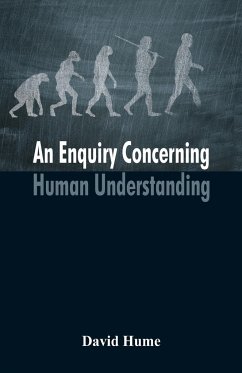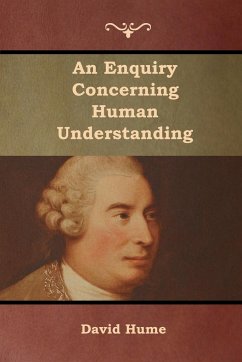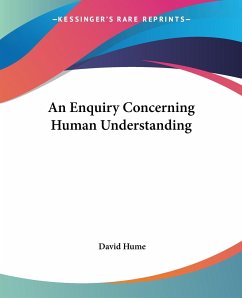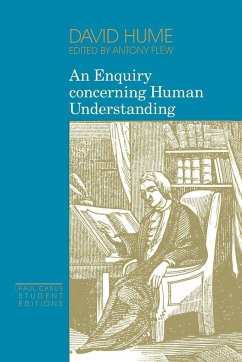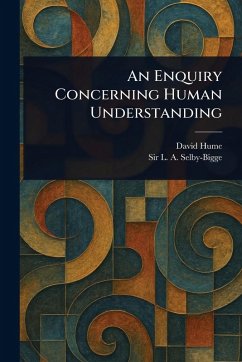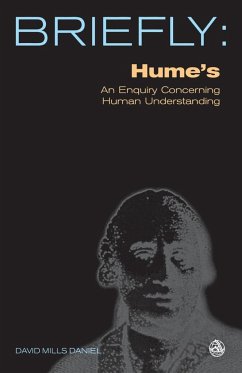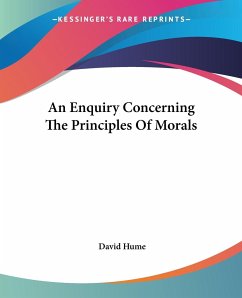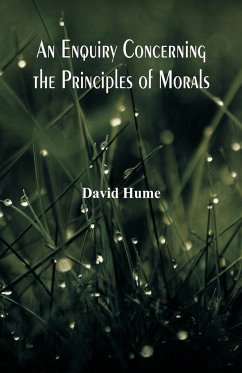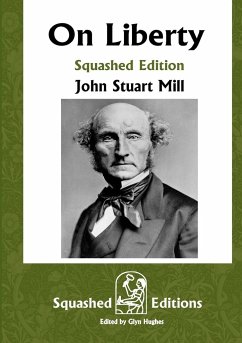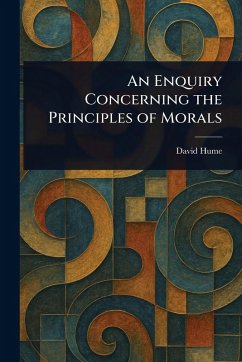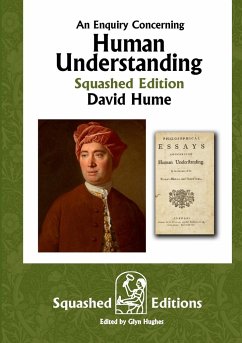
An Enquiry Concerning Human Understanding (Squashed Edition)
Versandkostenfrei!
Versandfertig in 1-2 Wochen
12,99 €
inkl. MwSt.

PAYBACK Punkte
6 °P sammeln!
The Squashed edition of 'An Enquiry Concerning Human Understanding' by David Hume. Abridged from the original text to read in an hour or so. Born in 1711 to a prosperous Scottish family, David studied Philosophy at Edinburgh University and might well have been set for high state office or a leading position in academic philosophy, had not his lifelong atheism intimidated the establishment. The central themes of the book are that very little of what we think we know can actually be derived from any idea that there are actual necessary connections between observed phenomena. We assume that certa...
The Squashed edition of 'An Enquiry Concerning Human Understanding' by David Hume. Abridged from the original text to read in an hour or so. Born in 1711 to a prosperous Scottish family, David studied Philosophy at Edinburgh University and might well have been set for high state office or a leading position in academic philosophy, had not his lifelong atheism intimidated the establishment. The central themes of the book are that very little of what we think we know can actually be derived from any idea that there are actual necessary connections between observed phenomena. We assume that certain things are connected just because they commonly occur together, but a genuine knowledge of any connection is mere habit of thought. So, a severe skepticism is the only rational view of the world. Mr Hume is an engaging writer, so I hope I've captured as much of his style as possible. Fortunately for the editor, Mr Hume is also extraordinarily fond of repeating the same points over and over, giving long-winded explanations and a dozen examples where one or two would do. So, it has been no particularly difficult task to squash 52,000 words down to 6500 while retaining the charm of eighteenth century Scots spellings and punctuation. Glyn Hughes Squashed editions are precise abridgements - the original ideas, in their own words, the full beam of the book, the quotable quotes and all the famous lines, but neatly honed down to the length of a readable short story. "Like reading the bible without all the begats" - Prof. Jim Curtis





